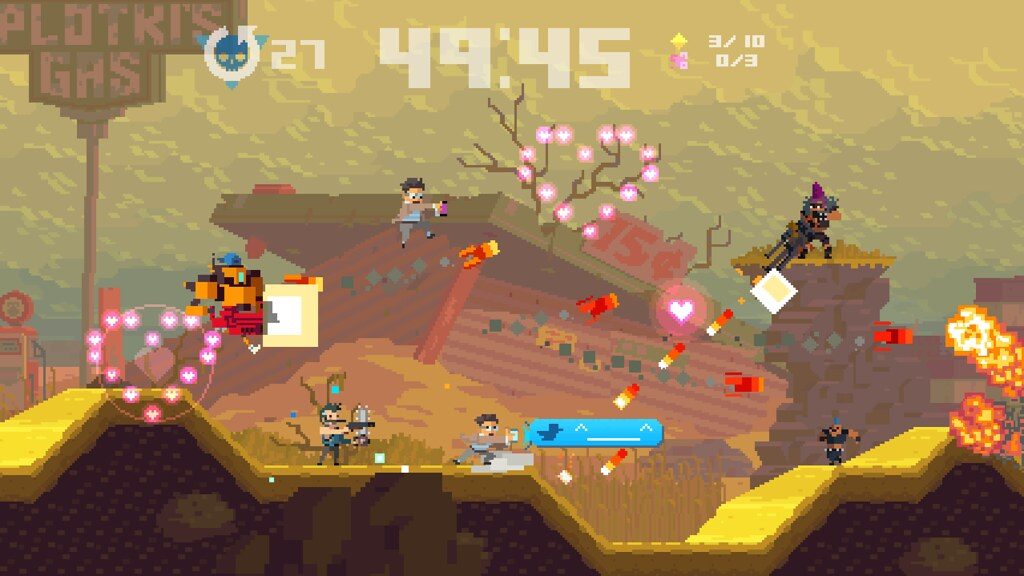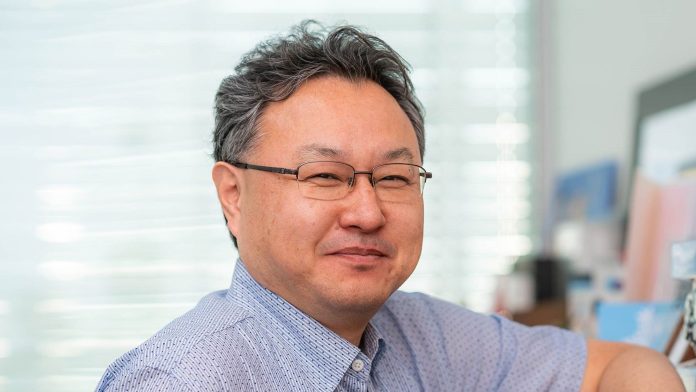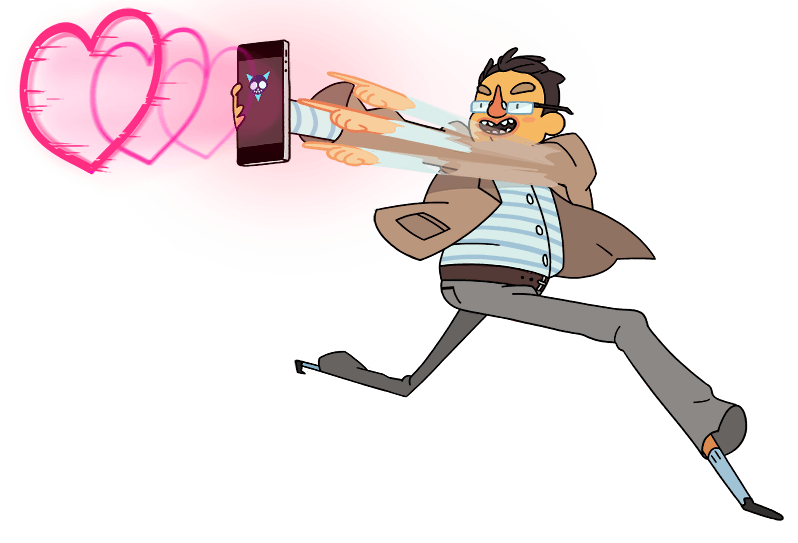If you’ve listened to PlayStation Podcast over the past 14 years, then you definitely know Shuhei Yoshida. Perhaps best known for his lengthy turn as the President of PlayStation Studios during part of the PS3 and PS4 years, Yoshida-san has spent the past few years evangelizing independent developers as Head of Indies Initiative at PlayStation.
With PlayStation’s 30th anniversary arriving next week, I got some time to catch up with Yoshida-san to discuss his career, his plans for the future, and his top game picks across 30 years of PlayStation. Read on for some excerpts from our lengthy conversation.
Note: Interview condensed for clarity and brevity. To hear the full conversation, click here. (Apple, Spotify, direct DL)
SID: You were one of our first guests on the PlayStation Podcast, probably 14 years ago. But it’s been quite a while…. What have you been up to?
SHU: I’ve been traveling a lot! I’ve been all over the place. I’ve been in Brazil, India, Australia, Sweden, visiting developers, game events, looking at the new games from developers, and tweeting about games that I like throughout the year.
SID: Happy to have you, we’re going to do a lot of catching up. But I heard you had some news for us here today?
SHU: Yes, I have an announcement to make. I’m leaving Sony Interactive Entertainment on January 15 2025… it’s like announcing the launch date of a new game, [something] I haven’t done for a long time [laughs].
SID: You’ve been with Sony Interactive for so long. What’s guiding the decision and the timing?
SHU: I’ve been with PlayStation from the beginning, and this is my 31st year with PlayStation. And when I hit 30 years, I was thinking, hmm, it may be about time for me to move on. You know, the company’s been doing great. I love PS5, I love the games that are coming out on this platform. And we have new generations of management who I respect and admire. And I’m so excited for the future of PlayStation.
So you know, PlayStation is in really good hands. I thought, okay, this is my time.
SID: That makes a lot of sense. Well, let’s reflect on your career. I know you’ve been here for a long time, but how long exactly have you been with PlayStation?
SHU: Yeah, I joined Ken Kutanagi’s team in February of 1993, when they were still developing the original PlayStation. Ken’s team had only engineers. Everyone was engineers. And I was the first non-technical person to join the team as the company, Sony Corporation at the time, started to plan to bring PlayStation to market. So it was 31 years ago.
SID: Ken Kutaragi is often called the father of PlayStation. What was it like working at the company back in those days, before the original PlayStation came out?
SHU: Yeah so when I joined [PlayStation], it was still just a department. Ken’s team was doing the development, and there was another team under Sony Music Entertainment Japan making games for Super Nintendo, and that was another small team preparing to make games for PlayStation. So the two teams merged, Ken’s team under Sony and Sato-san’s team under Sony Music Entertainment Japan, to create Sony Computer Entertainment in November 1993.
When the company was established as a joint venture, we held a party and everybody was in one room at the hotel [laughs]. I remember we had about 80 people total. We were very small.
SID: Very small, but it must’ve been very exciting!
SHU: Oh yeah, we were so excited about the innovation that Ken’s team was bringing in, like 3D graphics, real-time technology, and CD-ROM with lots of data that we can put in with a low cost of manufacturing. And so we had really high hopes, high ambitions.
However, we were not known in the video game industry. And there were other electronics companies, big companies that tried to enter the video game industry and, you know, didn’t do well. So at the beginning before the launch of PlayStation, I think we were not taken very seriously from the industry, to be honest.
SID: Yeah, it’s funny how these things work. And you know here we are, it’s 31 years later, and it’s a very different story….tell me a little bit about your first job with PlayStation.
SHU: When I joined Ken’s team, my assignment was to talk to publishers and developers in Japan. So as a lead in account management, I made a phone call to many companies in Japan, publishers and developers from Hokkaido to Kyushu and made an appointment and brought a group of people of executives including Ken Kutaragi himself, to visit the publisher and talk about PlayStation, hoping that they would make games on PlayStation.
So that was a really fun time, but also a really challenging time because not many people in the industry believed in 3D graphics technology at that time.
Listen to our full discussion on PlayStation Podcast to learn more about Shuhei Yoshida’s experience with PlayStation in its earliest days.
…
SID: Eventually you moved up to being president of PlayStation Studios. Is there a memory that particularly stands out for you in your time at PlayStation Studios?
SHU: Throughout the time that I was involved in game development, there were so many great games and great teams I was fortunate to work with. And every year, going to events like DICE Summit was so much fun because some of our games got nominated for the Game of the Year many times. When you are in the industry, if you get involved in one Game of the Year game, you are so fortunate. But I got [nominated] almost every year….
However, among all of these times, one time stood out for me in my memory as something really, really special was when Journey got the Game of the Year Award. Journey was distributed through PlayStation Network. It was a digital-only, small game. You can finish playing the game within like three hours.
But that game…[won] Game of the Year against all these AAA titles, I think for the first time in the industry….the creator Jenova Chen did a talk at the summit, and he talked about a letter he received from a girl who lost her father and she thought about her father and she was able to move on in her life.
The whole audience stood up and the whole room was filled with happiness and an amazing feeling that this small game could have such a big impact on people’s lives.
…
SID: How did you get your way into your current role as Head of Indies Initiative at Sony Interactive?
SHU: I love indie games. When the indie boom started in 2000, all digital distribution started on PC, on mobile, and on console. Small digital games could be made by pretty much anyone in the world, and be able to sell and distribute globally. That created an amazing opportunity for the industry to try new ideas.
Small games, because they’re small, there’s not big capital involved. So you can try ideas that have never been done before, and that kickstarts a totally new channel for the whole industry. It was like treasure hunting for me. When I was managing [PlayStation Studios] working with big studios, making AAA games was great.
However, when I went to events like E3 or Gamescom, I always went to the indie game area. And I found games that I liked, and oftentimes the developer was there showcasing it. So I’d take a photo with the developer, trying to help promote these games.
That’s what I was doing almost as a hobby when I was managing PlayStation Studios. So when I got this job where I could spend 100% of my time helping indies, it was like a dream job.
…

Shu featured as a playable character in Super Time Force Ultra from Capybara Games.


